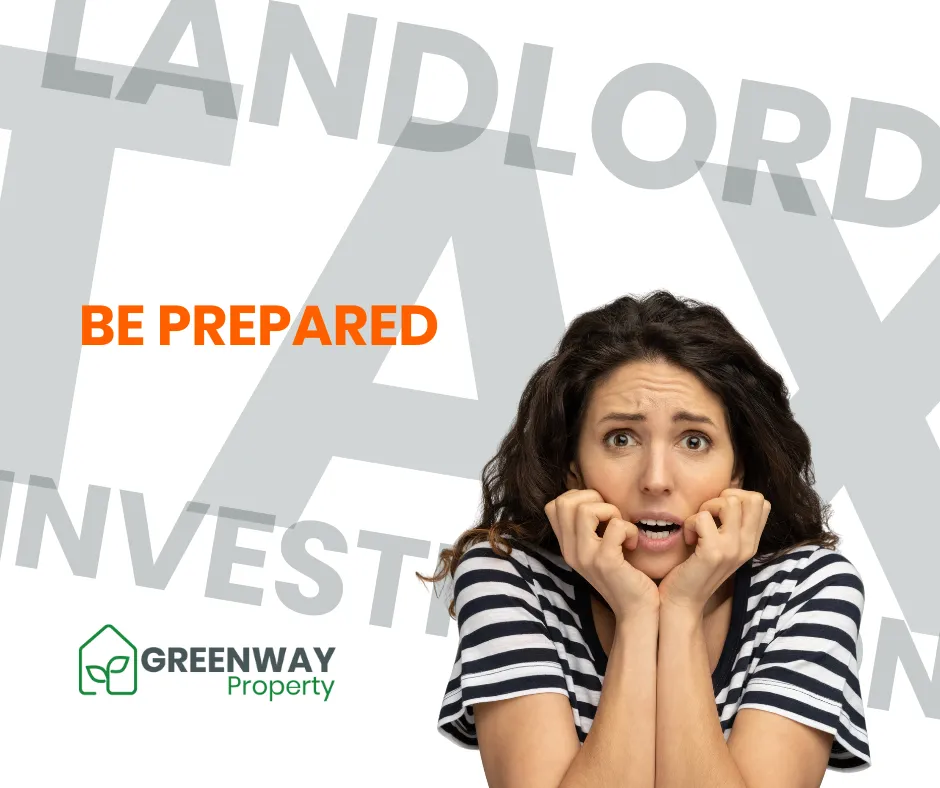
Landlord TAX Investigations
Landlord Tax Investigations Are Rising: What You Need to Know (Before HMRC Comes Knocking)
If you're a landlord in Cornwall – or anywhere in the UK – you need to know that HMRC has ramped up tax investigations in a big way. Over the past tax year, the government collected £107 million from landlords, mostly from underpaid tax. That’s more than double what they took in just three years ago.
The message is simple: HMRC is watching, and the pressure is rising.
What’s going on?
Landlord tax compliance has always been on HMRC’s radar, but the latest figures show they’re now digging deeper and faster. The bulk of this £107 million was recovered through the Let Property Campaign — a scheme where landlords voluntarily declare tax they should’ve paid. The average “repayment” under these disclosures? Roughly £13,700 per landlord.
But this isn’t just about rogue landlords. Some of this comes from small, accidental landlords — people who inherited a property or rent out a former home. Others may have made honest mistakes: claiming the wrong expenses, forgetting to declare certain income, or not realising they needed to register at all.
With modern tools and data, HMRC is now cross-checking bank records, Land Registry entries, deposit schemes, and even online lettings platforms. If your tax return doesn’t match up, you could be flagged — even years later.
What should landlords do?
If you’re renting out property and unsure about your tax position, this is the time to act.
Here’s how to stay safe (and sane):
1. Know what you should be declaring
All rental income must be reported. That includes tenant-paid utilities, insurance paid by tenants, and even cleaning fees. If you’re unsure what counts, ask — don’t guess.
2. Get help from a property-savvy accountant
Not all accountants understand the details of rental property tax. The right adviser will help you claim what you’re entitled to — and avoid things you shouldn’t.
3. Keep clear records
Hold on to receipts, invoices, tenancy agreements, and communication logs. If there’s ever a question about an expense or your timeline, you’ll need proof.
4. Separate your finances
Don’t mix rent income into your personal account. A separate bank account just for rental income and expenses keeps things cleaner — and safer if HMRC asks questions.
5. Consider using the Let Property Campaign (if needed)
If you think you may have under-declared rental income, the Let Property Campaign allows you to come forward voluntarily. It can reduce penalties and keep you on better terms with HMRC.
Why this matters now
The costs of getting this wrong are growing. Penalties, backdated tax, and interest can mount up quickly — and they can go back years. Worse still, a messy tax issue can complicate mortgage applications, property sales, or insurance claims.
At Greenway, we work closely with landlords to keep everything above board — from tenancy records to compliant statements. But tax is a specialist area, and it’s worth getting a proper check-up if anything feels unclear.
In summary: stay sharp, stay sorted
Being a landlord comes with more admin than many people expect — especially when it comes to tax. The rules are strict, and HMRC is stepping up enforcement. But if you keep clean records, declare everything properly, and get help when needed, there’s nothing to fear.
Need a recommendation for a property tax accountant? Or want help getting your property paperwork in order?
The Greenway team is here — plain English, no jargon, and always on your side.